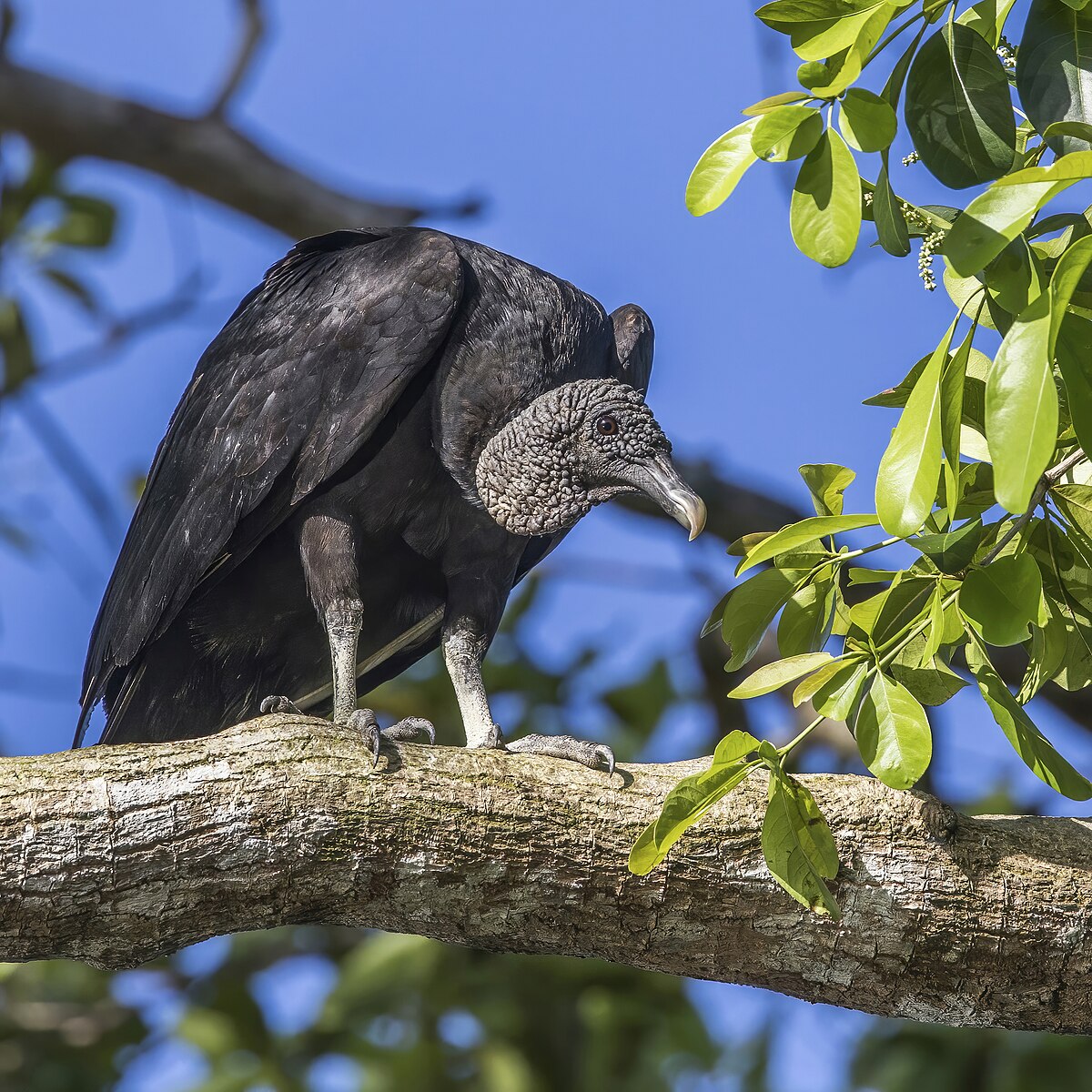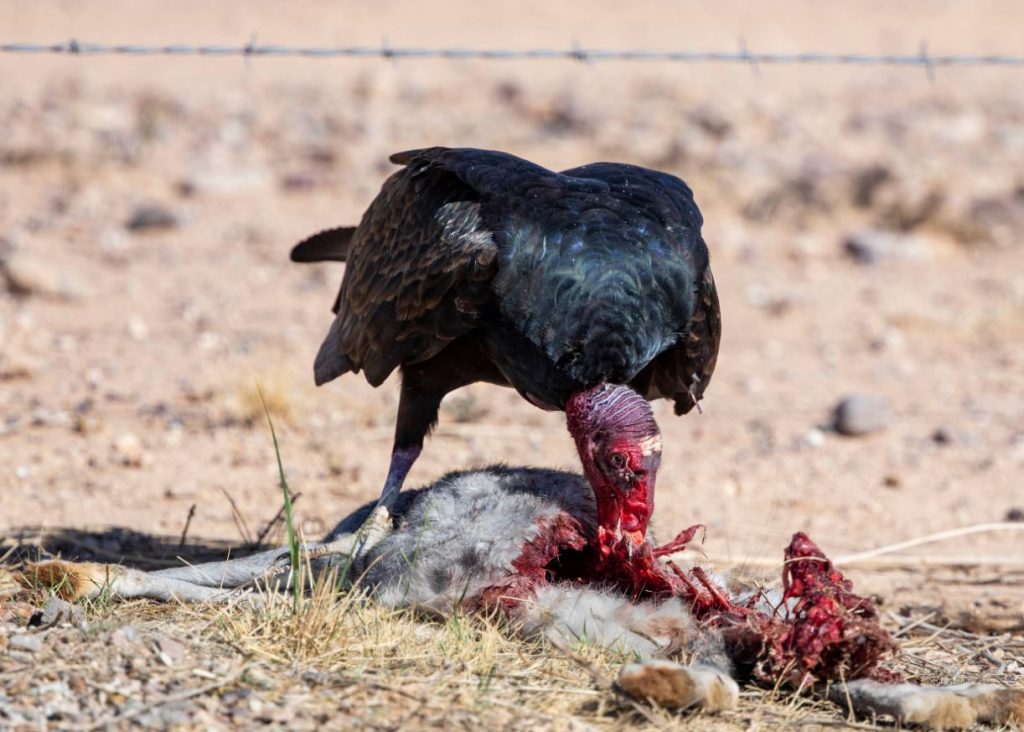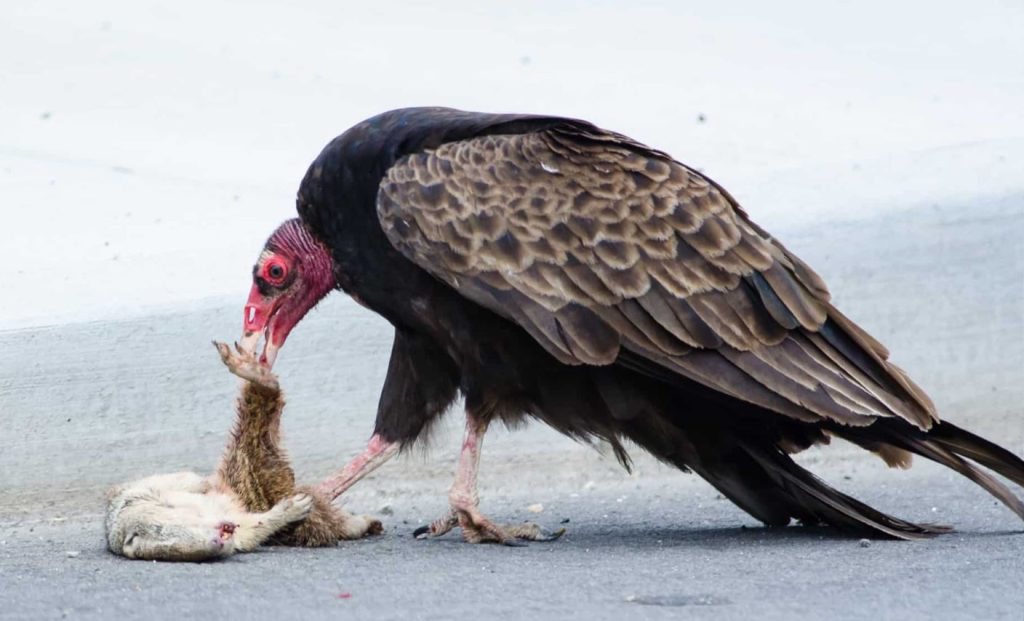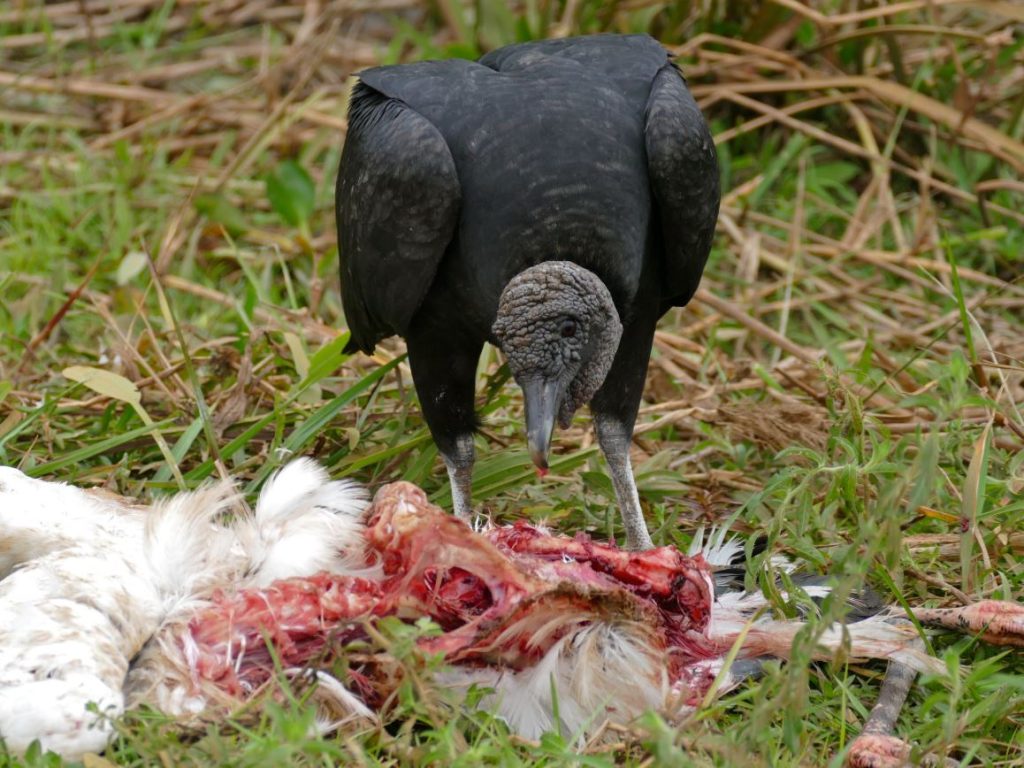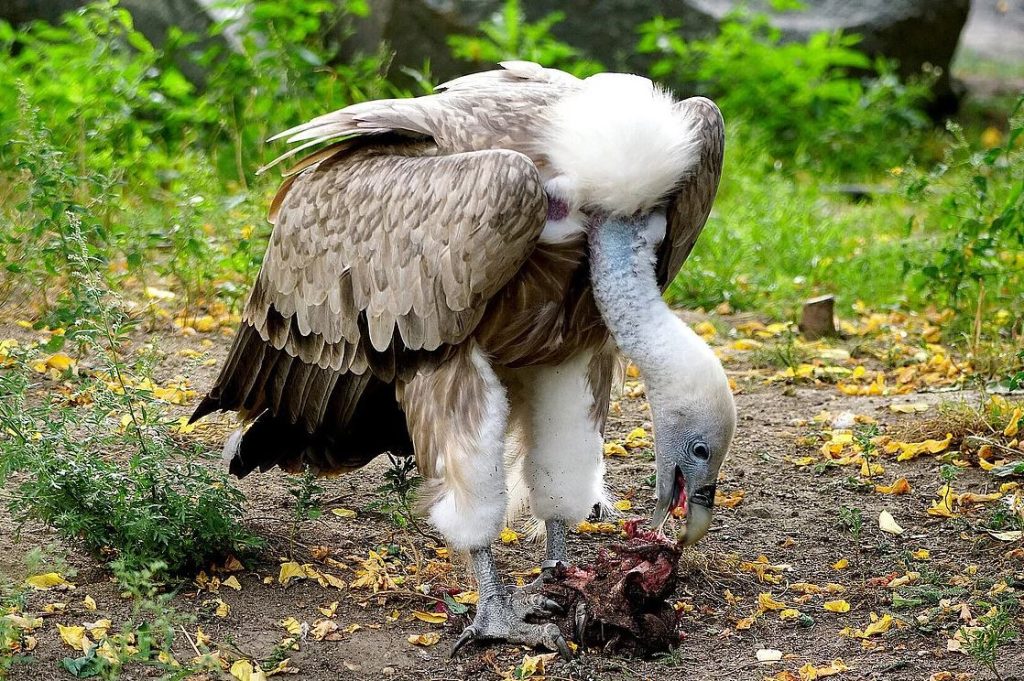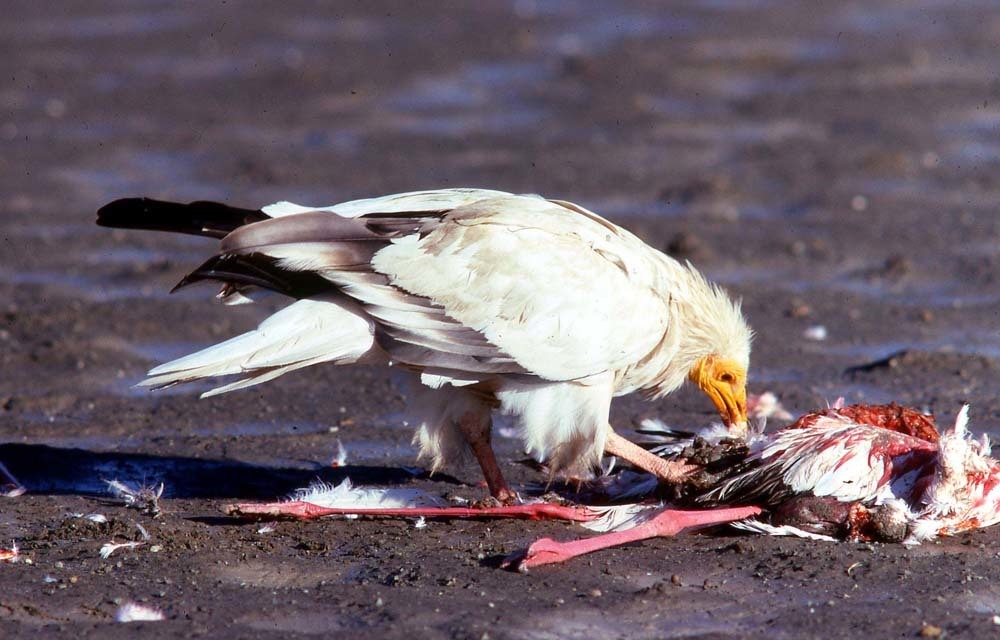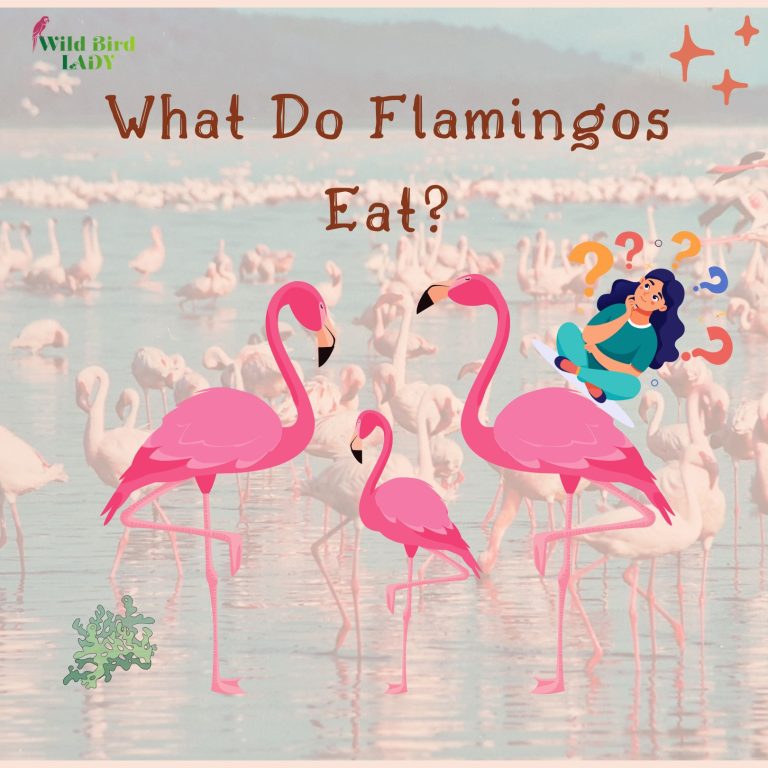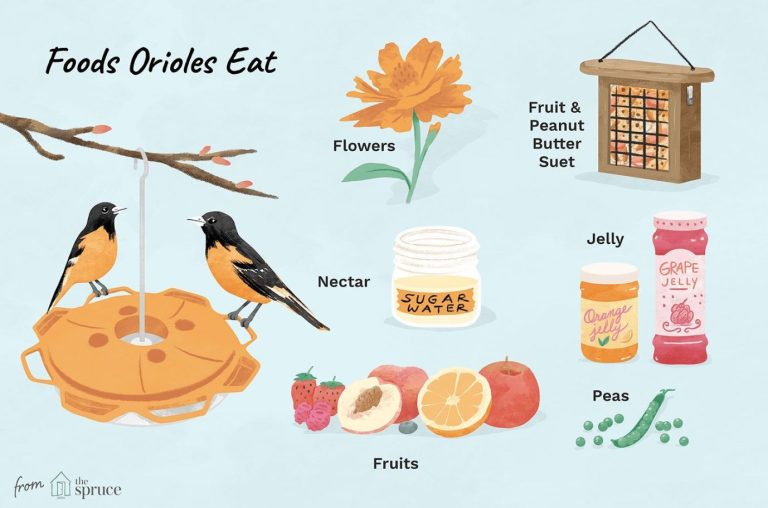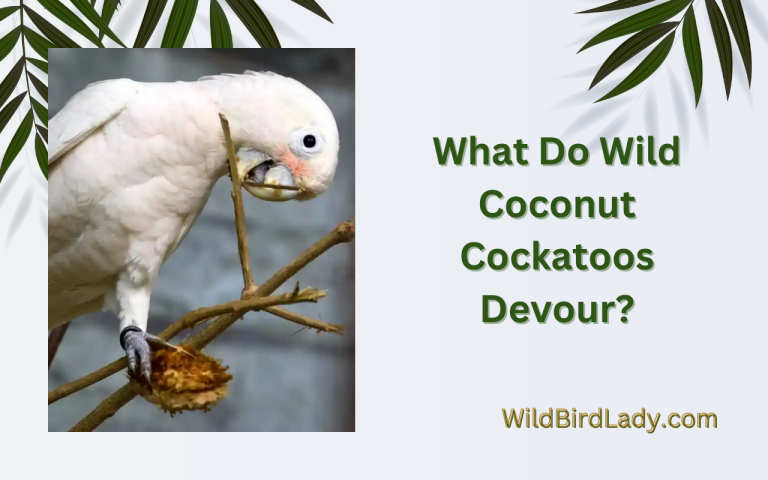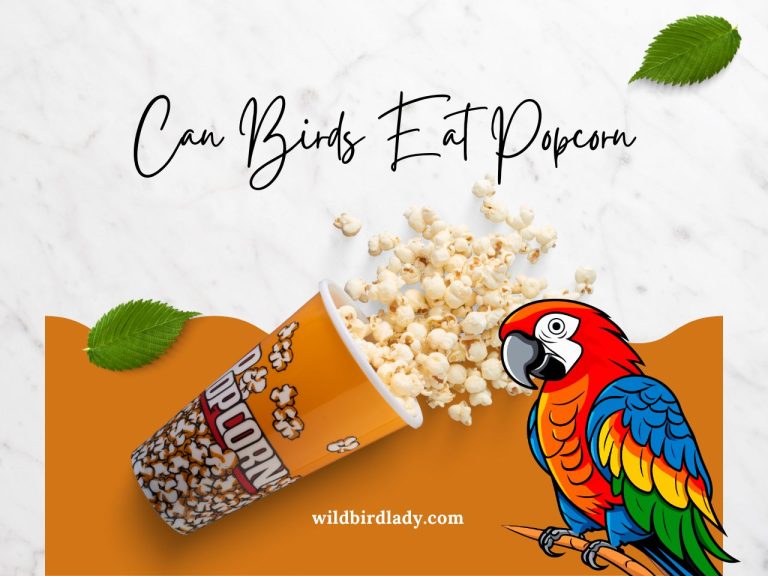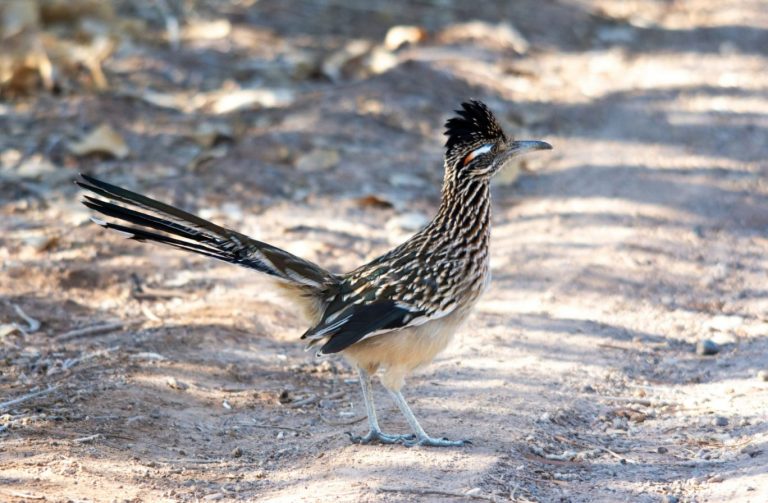What Do Vultures Eat? Uncovering the Diet of Nature’s Clean-Up Crew
As a birdwatcher with over 13 years of experience, I’ve often been captivated by the misunderstood reputation of vultures. These birds may not be glamorous, but they play one of the most essential roles in maintaining healthy ecosystems. Their diet is nature’s sanitation system. In this article, we’ll take a deep dive into what vultures eat, how their digestive system handles disease-ridden meat, and why their feeding habits are crucial for our environment.
Introduction to the Vulture Diet
Vultures are obligate scavengers, meaning their diet consists almost entirely of dead animals. This unique trait sets them apart from most other birds and animals. Their evolutionary adaptations allow them to consume carrion that would be fatal to others.
Understanding what vultures eat helps us appreciate their crucial role as nature’s clean-up crew. Without vultures, carcasses would linger longer in the environment, spreading disease and attracting less efficient scavengers.
What Do Vultures Eat in the Wild?
In the wild, vulture food primarily includes:
- Roadkill
- Dead livestock
- Wild animal carcasses
- Rotting meat
- Fish (for species near coastlines or rivers)
They’re not picky about freshness. Vultures are known to consume decomposing flesh that may be days old, thanks to their highly acidic stomachs.
According to the Cornell Lab of Ornithology, Turkey Vultures can even detect ethyl mercaptan, a gas released by decaying animals, from over a mile away—making them incredibly effective at locating meals.
Vulture Species and Their Feeding Preferences
There are over 20 species of vultures globally, divided into two main groups: Old World vultures (found in Africa, Europe, and Asia) and New World vultures (found in the Americas). Though similar in diet, they use different methods to find food.
Here’s a breakdown of a few well-known species and their dietary habits:
Turkey Vulture (Cathartes aura)
- Found in North and South America
- Specializes in smaller carcasses like roadkill or dead rodents
- Excellent sense of smell
Black Vulture (Coragyps atratus)
- Often seen scavenging with Turkey Vultures
- More aggressive and may push other vultures away from a carcass
- Will eat rotting fruit or garbage if meat is scarce
Griffon Vulture (Gyps fulvus)
- Native to Europe and parts of Asia
- Feeds on large mammal remains such as deer or cattle
Egyptian Vulture (Neophron percnopterus)
- Eats smaller carcasses, bones, and even feces
- Known for using tools to crack open eggs
Each species has evolved to fill its own ecological niche, depending on habitat and available vulture food sources.
How Vultures Find Their Food
Unlike most birds, New World vultures like the Turkey Vulture have a well-developed sense of smell. This gives them a major advantage in detecting hidden carcasses beneath foliage.
Old World vultures, on the other hand, rely on keen eyesight. They soar at high altitudes and spot carcasses from miles away. Once one bird descends, others follow the signal, leading to communal feeding.
The Digestive Superpowers of Vultures
Vultures have one of the most acidic stomachs in the animal kingdom. Their gastric juices can reach a pH as low as 1.0, allowing them to digest:
- Anthrax-infected meat
- Botulism toxins
- Cholera bacteria
- Rabies viruses
A 2014 study published in Proceedings of the National Academy of Sciences found that vultures’ gut microbiomes are adapted to eliminate harmful bacteria found in decomposing animals (Source: PNAS).
This ability ensures that pathogens don’t re-enter the ecosystem through their droppings or regurgitation.
Do Vultures Ever Hunt Live Animals?
While rare, some vulture species have been observed attacking live prey, especially:
- Injured or sick animals
- Newborns separated from mothers
- Eggs and hatchlings of other birds
The Bearded Vulture, for instance, feeds mostly on bone marrow and has been known to drop bones from great heights to shatter them open.
But overall, vultures are not hunters by nature—they are opportunistic feeders and prefer carrion.
What Do Baby Vultures Eat?
Baby vultures, or chicks, are fed by their parents through regurgitation. Adults consume the meat and partially digest it before feeding it back to the young.
Their early diet includes:
- Softened flesh
- Bone fragments
- Partially digested carrion
This method ensures that the baby’s digestive system is not overwhelmed by pathogens too early.
What Do Captive Vultures Eat?
In captivity, zookeepers replicate a vulture diet using:
- Frozen-thawed rats or mice
- Chopped beef or chicken
- Organ meats like liver
- Supplemented calcium (especially bone powder)
Zoological institutions follow strict guidelines to ensure vultures receive the nutrients they would get in the wild.
Vultures and Human Garbage: A Modern Dilemma
Due to habitat loss and changes in food availability, some vultures have adapted to human environments.
They may feed on:
- Open trash dumps
- Rotting food waste
- Roadkill near highways
- Slaughterhouse remains
This adaptation can be a double-edged sword. On one hand, it helps with waste management; on the other, it exposes vultures to toxins, plastics, and lead, all of which can be fatal.
Ecological Importance of the Vulture Diet
Vultures are ecosystem engineers. Their vulture diet keeps disease from spreading and helps decompose carcasses faster than bacteria or other scavengers.
Benefits include:
- Reducing fly and feral dog populations
- Preventing the spread of anthrax, rabies, and botulism
- Recycling nutrients into the environment
According to the Audubon Society, in places where vulture populations have collapsed, diseases spread more rapidly and decomposing bodies linger longer in the ecosystem.
Vultures vs Other Scavengers
Unlike coyotes, foxes, or feral dogs, vultures do not compete for live prey and pose no threat to livestock. Their entire biology is designed to consume meat that’s already dead and potentially dangerous.
They also eat much faster and more efficiently, often leaving little behind for secondary scavengers.
Threats to Vultures Related to Their Food
The very thing that sustains vultures—dead animals—can also be their downfall when contaminated. Major threats include:
- Poisoned carcasses (used illegally by poachers or farmers)
- Diclofenac, a veterinary drug that is lethal to vultures
- Lead poisoning from bullets in hunted game
- Electrocution and collision with wind turbines while searching for food
A study in Conservation Biology emphasized how even small quantities of diclofenac can lead to rapid vulture population declines (Source: Conservation Biology).
What You Can Do to Help
If you care about vultures and their vital role, here’s how you can contribute:
- Support conservation groups like the Vulture Conservation Foundation
- Avoid using lead-based ammunition
- Report illegal poisoning or dumping sites
- Advocate for the protection of natural habitats and clean food sources
Final Thoughts
So, what do vultures eat? Just about anything dead—and that’s a good thing. Their ability to digest disease-ridden carcasses makes them one of the most important players in the animal kingdom.
Understanding the vulture diet helps shed light on how critical these birds are—not just for the environment, but for public health. Without them, we’d be overwhelmed by decay, disease, and ecological imbalance.
FAQ: What Do Vultures Eat?
1. Do vultures eat only dead animals?
Yes, vultures are obligate scavengers, meaning they primarily eat dead animals. Their highly acidic stomach allows them to safely consume decaying carcasses that would be dangerous for other animals.
2. Can vultures digest diseased or rotting meat?
Absolutely. Vultures have incredibly strong stomach acid (pH ~1.0) that can kill harmful bacteria and viruses like anthrax, botulism, and rabies, making them essential in disease control.
3. What is included in a typical vulture diet?
A typical vulture diet includes roadkill, livestock remains, wild animal carcasses, and sometimes fish or food waste, depending on the species and habitat.
4. Do vultures ever eat live prey?
While rare, some vulture species—especially the Black Vulture—may occasionally attack injured or newborn animals. However, vultures are not hunters and prefer carrion.
5. What do baby vultures eat?
Baby vultures are fed regurgitated meat by their parents. This pre-digested carrion helps protect them from harmful bacteria while their digestive systems develop.
6. How do vultures find their food?
New World vultures like the Turkey Vulture use their strong sense of smell to locate carcasses, while Old World vultures rely on sharp eyesight and follow other vultures to food sources.
7. Do vultures eat garbage or human food waste?
Yes, some vultures, like the Black Vulture, have adapted to urban areas and will eat from open garbage dumps or roadkill when natural carrion is scarce.
8. What role do vultures play in the ecosystem?
Vultures help clean up dead animals, preventing the spread of disease and controlling insect and scavenger populations. Their feeding habits are vital to ecosystem health.
9. What do captive vultures eat in zoos or rehabilitation centers?
In captivity, vultures are typically fed a controlled vulture food diet of thawed rodents, organ meats, and bone supplements to mimic their natural intake.
10. Why are vultures at risk despite their adaptability?
Vultures face serious threats from poisoned carcasses, lead ammunition, veterinary drugs like diclofenac, and habitat loss—all linked to their food sources.

